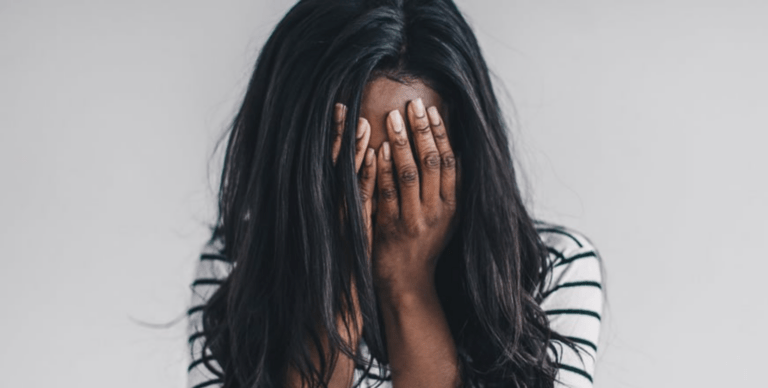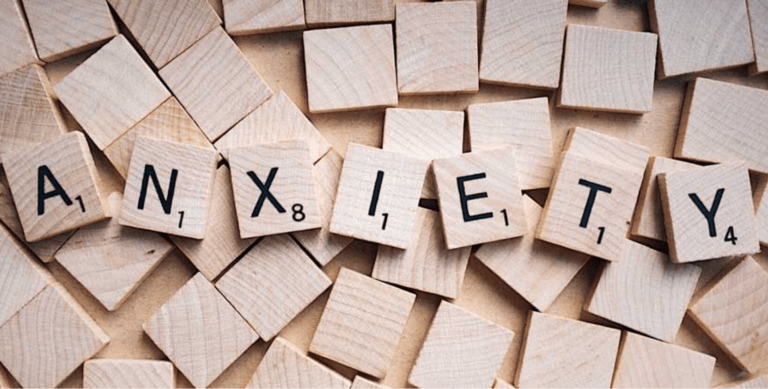Depression is the most common mental health issue in the world. Though, as much as we know about it, it still is a difficult battle for most people suffering from it.
Depression is strong! And everyone experiences it differently. That includes having different symptoms, managing them in different ways, or even having different types of depression entirely.
One of the best things you can do, though, is to face your depression with the help of a trained and compassionate clinician. Ignoring it or thinking your symptoms will just “go away” on their own can often make the problem worse.
So, how can you possibly face your depression and keep it under control

Getting an Official Diagnosis
For as common as depression is, many people go on dealing with it without an official diagnosis. While, again, symptoms are different for everyone, there are things you may be able to recognize in yourself that can point you toward depression.
Some of the most common symptoms of depression include:
- Hopelessness
- Deep sadness
- Fatigue
- Loss of interest
- Problems sleeping
- Weight loss/weight gain
- Irritability
- Lack of concentration
You know your mind and body better than anyone. If you experience any of these symptoms or anything else that feels “off,” it’s worth checking it out.
Understandably, it may be hard to acknowledge that you have depression. But naming it can help you address it and start taking your life back.
Managing Depression
For some people, depression never fully goes away. Yet, they are able to manage their symptoms in such a way that it makes life easier—and even enjoyable.
Facing depression means knowing when it’s time to get help.
Some of the symptoms of depression can include thoughts of self-harm or suicide. If you have those thoughts or ideas, it’s time to find professional help immediately.
Because depression is so common, there are many different treatment/management methods. Some people benefit from medication, while others do better with therapy and often a combination of both can be an effective approach.
Medication may help with any chemical imbalances in the brain. And therapy can not only help you to get to the bottom of what might be causing your depression, but a professional therapist can give you resources and tools to help manage your symptoms.
Building Your Support System
One of the best things you can do after finding professional help is to build a support system. Remember, you’re not alone!
Facing depression on your own can feel overwhelming. So, reach out to people who love you and will support you. Lean on them throughout your treatment or when your symptoms become overwhelming.
For example, count on your support system when it comes to taking care of yourself. Trying to adopt a better sleep schedule, getting exercise, and practicing self-care can help with some of the common symptoms of depression. These are simple, everyday things you can do to feel a little better.
However, when you’re feeling overwhelmed by depression, it’s often hard to get out of bed in the morning, get dressed, or go for a walk. A support system can support you as you face depression. It takes courage to face depression, when you’re ready, please know help is available and you don’t have to do it alone.
—
If you’re struggling with the effects of depression and you’re ready to take control of your life again, please contact me. Together, we can face depression.






